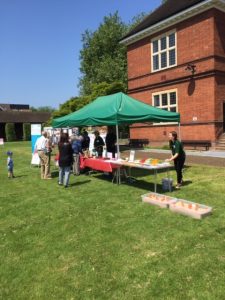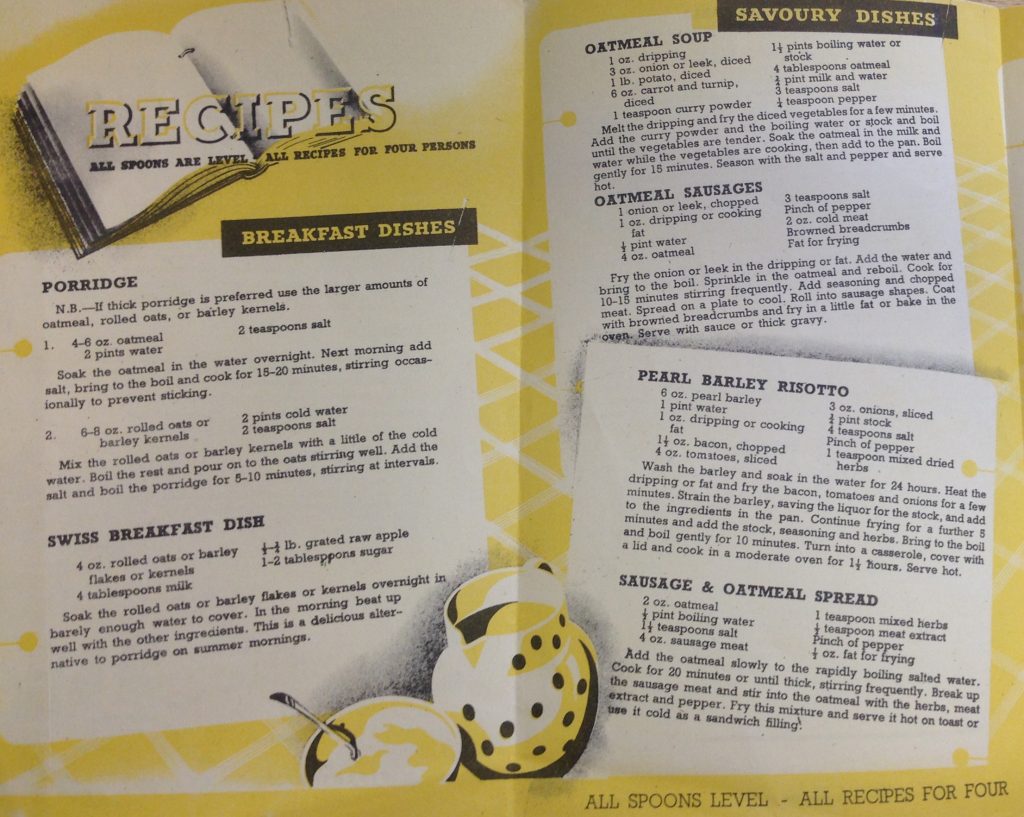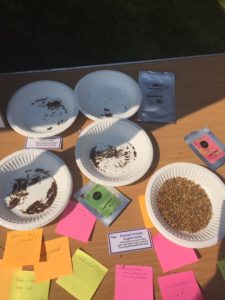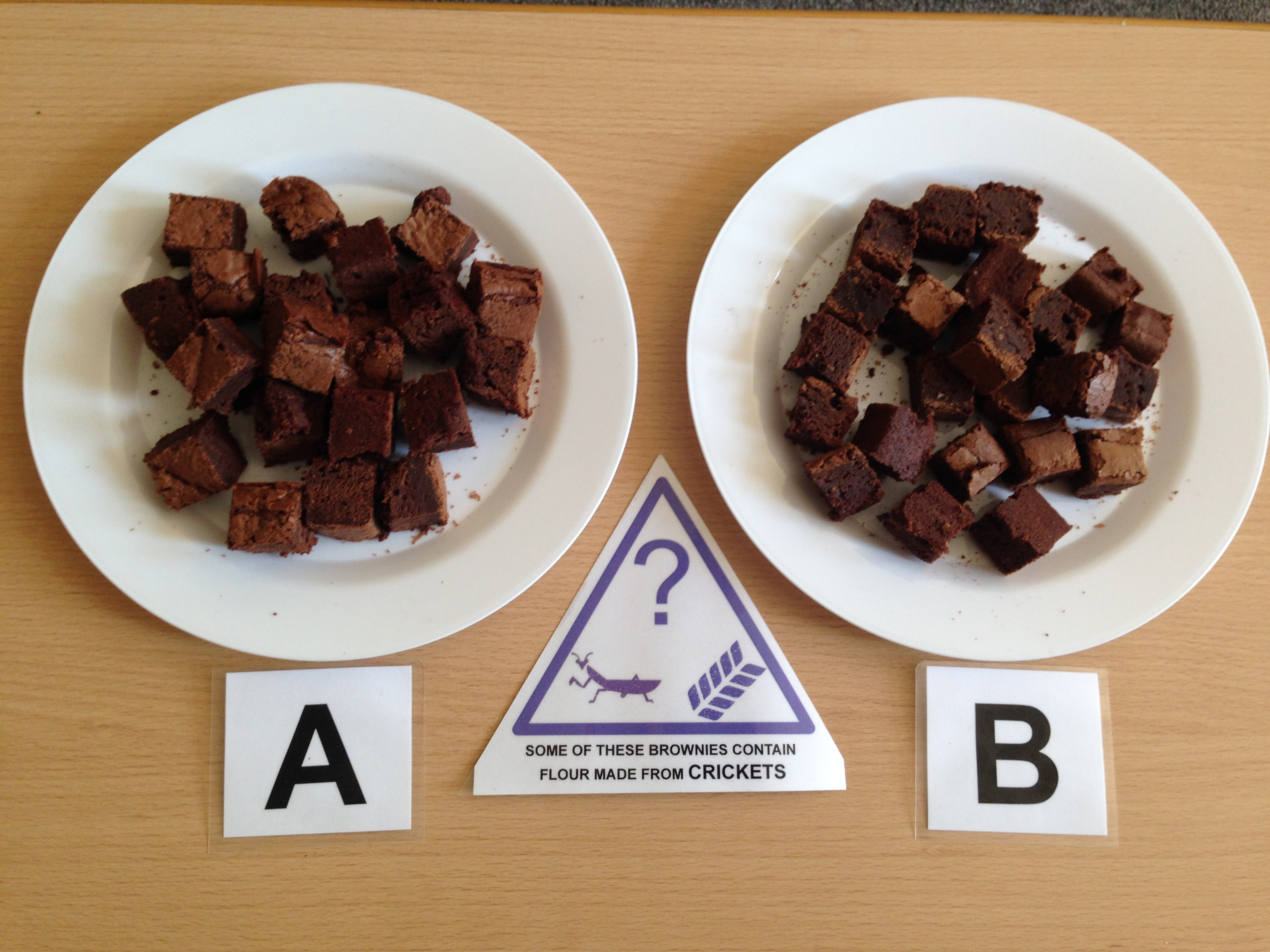Fun and festivities at the Big Band Lunch
Science Engagement Officer, Robyn Hopcroft, reveals what we got up to at the Big Band Lunch on Sunday.

Last Sunday we enjoyed glorious weather and fabulous big band music at the University of Reading’s annual Big Band Lunch. This was a chance to bring the University and local communities together over lunch, and celebrate the University’s 90th Anniversary year. A small team of staff and dedicated volunteers were in attendance and we had great fun running traditional fete games such as ‘splat the rat’ and ‘hook a duck’.

But the theme of the day was food and music, and we were especially interested in chatting to people about food. Where does it come from? What’s it made of? Why do we eat what we eat? By getting hands-on with activities devised for The Crunch programme, such as oat rolling and sunflower seed pressing, we were able to have some great conversations about the history and nutritious properties of oats and edible oils.

We even received some help from human nutrition staff and students and it was a great opportunity to find out more about some of the cutting edge research being conducted at the University. I was pleased to be able to meet and chat to scientists studying some of the potential health benefits of phenolic acids in oats. Phenolic acids are found in many plant-based foods and play a role in heart health.
Getting involved in these kinds of studies as a research participant can be great way of learning more about the work of scientists, especially given that we tend to receive sensationalised messages about nutrition and health research from the media. Unfortunately, I don’t qualify for this study – they’re recruiting male participants. But for any men who are reading: the PRO-GRAIN team are looking for some healthy males willing to eat oats for the sake of science.
Entomophagy: The consumption of insects as food


Our edible insect challenge was one of the stand-outs of the day. We wanted to encourage people to think about the growing population and consequent increasing demand for protein. Edible insects are a cheap, nutritious, protein-rich food, and a common snack in many parts of the world.

Insect farming uses a fraction of the energy, water and land needed to raise livestock. Who knows – perhaps bugs will become a regular part of the UK diet in the future? Fish and chips with a side of crispy bamboo worms…
But it wasn’t all about snacking on whole insects – wings, legs, antennae and all. We also considered less confronting ways of consuming insects by holding a brownie blind tasting. People sampled brownies from two trays – one batch was made with wheat flour and the other was made with a mixture of wheat flour and flour milled from crickets.

Tasters were asked to guess which plate contained cricket flour brownies. I can now reveal that it was PLATE A! We’ve tallied up the responses and found that 60% of people made a correct guess. Most people, myself included, seemed to think that while the wheat brownies and cricket brownies tasted different from each other, they were both delicious and there wasn’t an ‘insecty’ taste to the cricket brownies.
All in all it was great day out. We were busy but we had lots of fun. Many thanks to everyone who was involved.
And the fun fact that I learned for the day? The people of Reading are well up for the challenge of munching on insects!
Learn more about edible insects at The Crunch.



